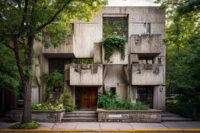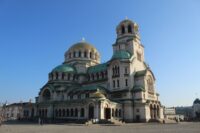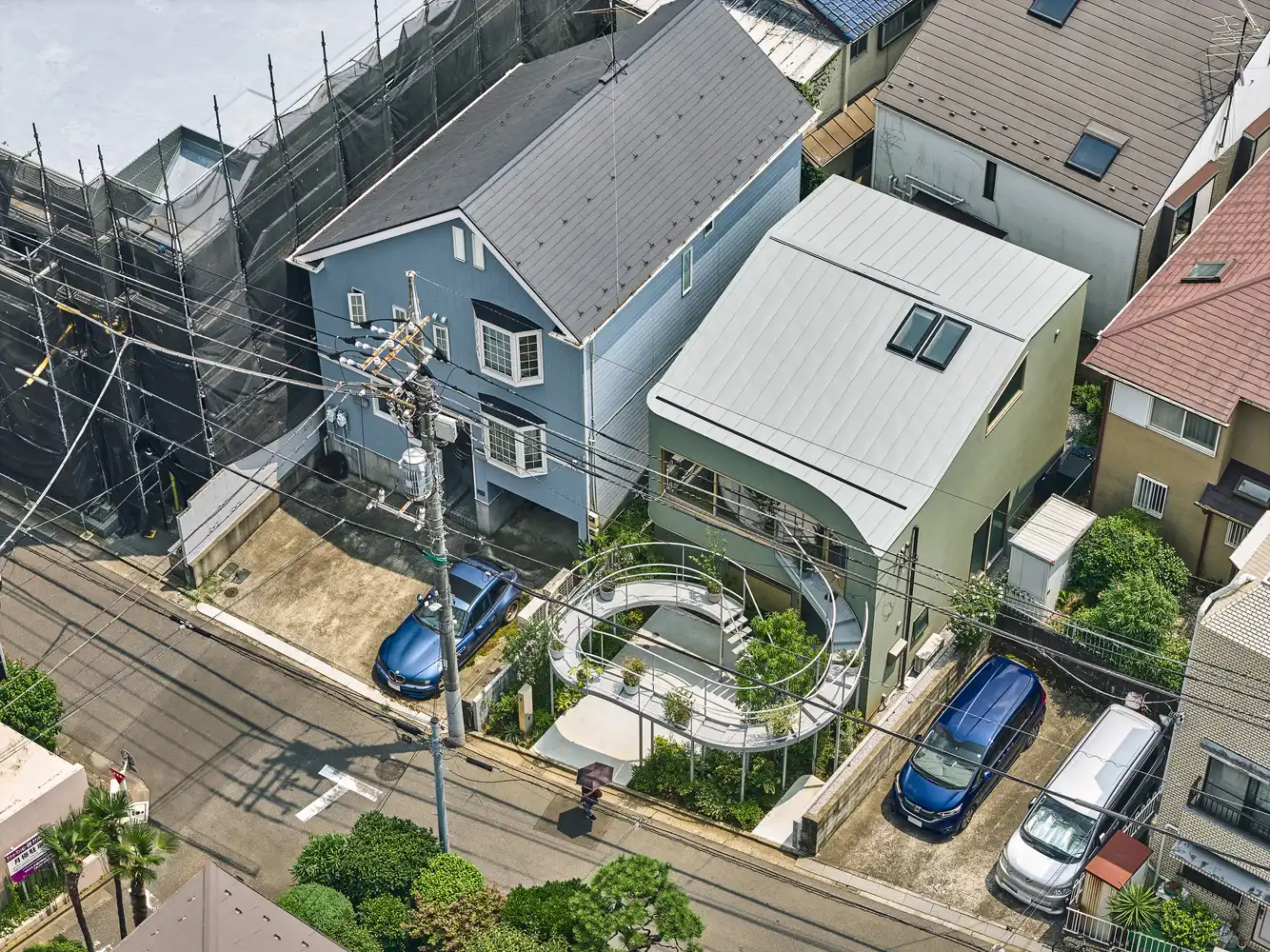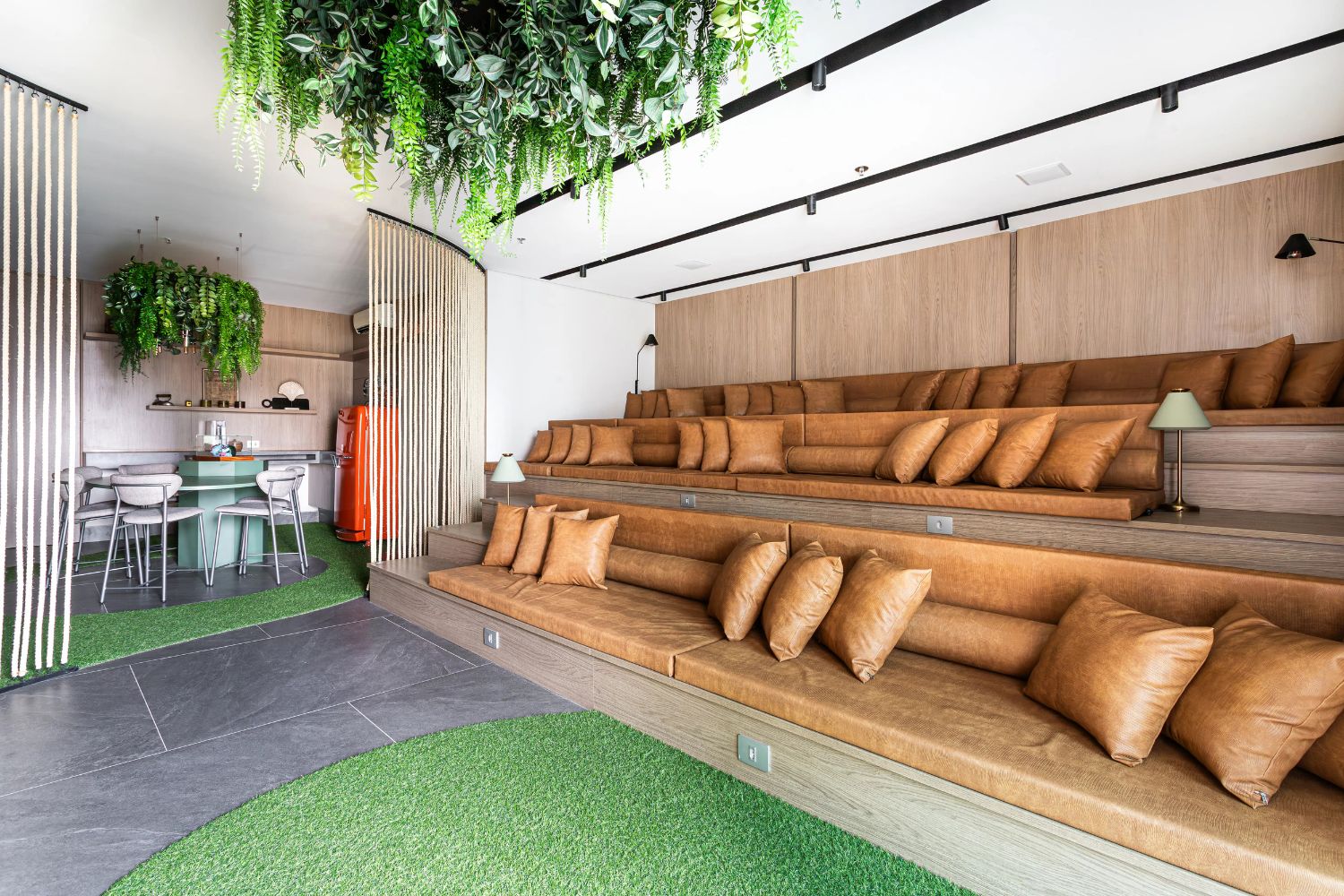- Home
- Articles
- Architectural Portfolio
- Architectral Presentation
- Inspirational Stories
- Architecture News
- Visualization
- BIM Industry
- Facade Design
- Parametric Design
- Career
- Landscape Architecture
- Construction
- Artificial Intelligence
- Sketching
- Design Softwares
- Diagrams
- Writing
- Architectural Tips
- Sustainability
- Courses
- Concept
- Technology
- History & Heritage
- Future of Architecture
- Guides & How-To
- Art & Culture
- Projects
- Interior Design
- Competitions
- Jobs
- Store
- Tools
- More
- Home
- Articles
- Architectural Portfolio
- Architectral Presentation
- Inspirational Stories
- Architecture News
- Visualization
- BIM Industry
- Facade Design
- Parametric Design
- Career
- Landscape Architecture
- Construction
- Artificial Intelligence
- Sketching
- Design Softwares
- Diagrams
- Writing
- Architectural Tips
- Sustainability
- Courses
- Concept
- Technology
- History & Heritage
- Future of Architecture
- Guides & How-To
- Art & Culture
- Projects
- Interior Design
- Competitions
- Jobs
- Store
- Tools
- More

The housing market in Sweden has created an economic inequality between generations and as a result home-ownership has become unreachable for many. Citizens have instead found their solution in a floating mobile society called “FloatHub!” in order to achieve a long-term economic and residential security.
This is achieved through the co-operative Float Trust where residents themselves become developers and owners through a collective action. The Float Trust manages and builds the collective’s necessary typologies using CNC technology where each built typology enables a self-sufficient mobile lifestyle on water.

The location is important to mobile dwellers as it provides values to the mobile lifestyle. Restrictions of mobile residency become more evident when applying length of time to the equation, as you are not normally allowed to stay within one place for an indefinite amount of time.
The project FloatHub! demonstrates a new mobile lifestyle to achieve a long-term economic and residential security as a solution to Sweden’s national housing crisis.
Residency- demonstrating a life on water. Everyone can become home-owners. All furniture is built in site with the use of the Floating Factory.

The main idea is to maintain the flexibility of a mobile lifestyle on water through a catalogue of typologies that benefits the floating community. Each typology generates values to the community and acts as a generator that enables affordability and possibilities, as they create a network of reliance between FloatHubs. All typologies are technically mobile, but it is only the Floating Factory, Recycle Hub and Restaurant-Boat that are mobile by own force.
The implementation strategy begins on the so called ‘Pirate Harbour’. It is already a well-known location for both being a home for boaters and illegal mooring in the central of Stockholm. In January 2018 the municipality decided to demolish the pier.
Members of the Float Trust gathering. Sharing of social communal spaces gives a sense of belonging and community.
The main idea is to maintain the flexibility of a mobile lifestyle on water through a catalogue of typologies that benefits the community. Each typology generates values to the community and acts as a generator that enables affordability and is responsive to future conditions.

The pier is the main relation to land. It also enables a relationship between those living on land and water.
Each step of the implementation is achieved with the Floating Factory through the Float Trust. With the use of the Wikihousing-system WREN it allows each user to modify and costume future needs. The community would connect to a pier, its main relation to land. This also establishes a relationship between those living on land and water. The construction of social communal spaces is crucial as it gives a sense of belonging and community between the residents. With the continuous use of the Floating Factory all furniture construction and workshops enables a platform that connects both existing boat communities, boat associations and future boat dwellers.
The existence of resources within the communities enables an economy where any surplus generated is recycled back. This allows long-term affordability on behalf of the mobile community. Vital activities are: production, recycling and vending. As a result, the users demonstrate that they are in no need of municipal systems and developers as they can deal with the issues on their own.
The implementation strategy begins on the Pirate Harbour. It is already a well-known location for both being a home for boaters and illegal mooring. In January 2018 the municipality decided to demolish the pier. With the use of the Floating Factory, each step of the implementation is achieved through the Float Trust.

The existence of resources within the community and activities enables an economy where any surplus generated is recycled to the community, contributing to the Float Trust. Vital activities are: production, recycling and vending.
All typologies are technically mobile, but it is only the Floating Factory, Recycle Hub and Restaurant-Boat that are mobile by own force, as they create a network of reliance between communities. The Float Trust main unit Floating Factory, applies workshops in existing boating communities, using CNC technology. The workshop becomes a platform that connects both existing boat communities, boat associations and future boat dwellers.
Why?
As a young adult I have been struggling to find an accommodation in the city of Stockholm. However, this all changed as my partner and I bought a sailboat for a minimal amount of money. This was our first step towards ownership and independency; a way of owning without being burdened with loans and debt. For the first time, we could call something our own home, and we are not the only ones.

But as the mobile dwelling is constantly challenged by its location through legislation it contributes to the already vulnerable situation. In my eyes, it was time to explore the mobile dwelling to become more than a temporary solution.
The main idea is to allow users to use a flexible system in order to modify and costume future needs using CNC technology. The structure of spaces is easilyconstructed through the Floating Factory, using the Wikihousing system WREN, allowing residents a future on water.
A mobile lifestyle on water.
illustrarch is your daily dose of architecture. Leading community designed for all lovers of illustration and #drawing.
Submit your architectural projects
Follow these steps for submission your project. Submission FormLatest Posts
House in Nakano: A 96 m² Tokyo Architecture Marvel by HOAA
Table of Contents Show Introduction: Redefining Urban Living in TokyoThe Design Challenge:...
Bridleway House by Guttfield Architecture
Bridleway House by Guttfield Architecture is a barn-inspired timber extension that reframes...
BINÔME Multi-residence by APPAREIL architecture
Binôme by APPAREIL Architecture is a five-unit residential building that redefines soft...
Between the Playful and the Vintage, Studio KP Arquitetura Transforms a Creative Multifunctional Space
Beyond its aesthetic and symbolic appeal, the project integrates technological solutions for...

























Leave a comment